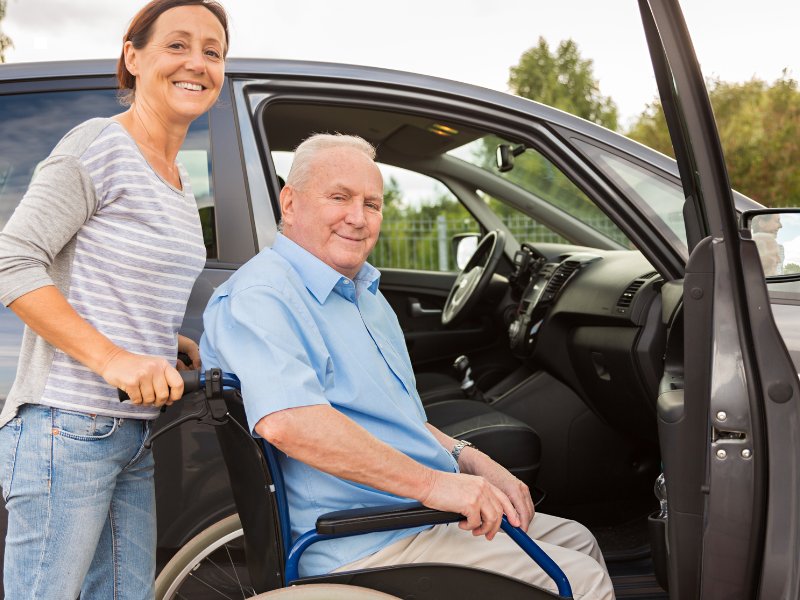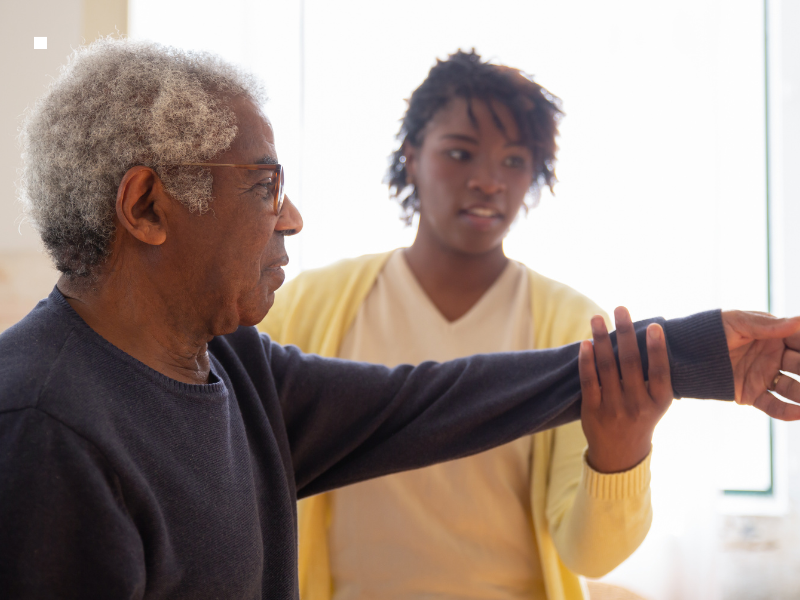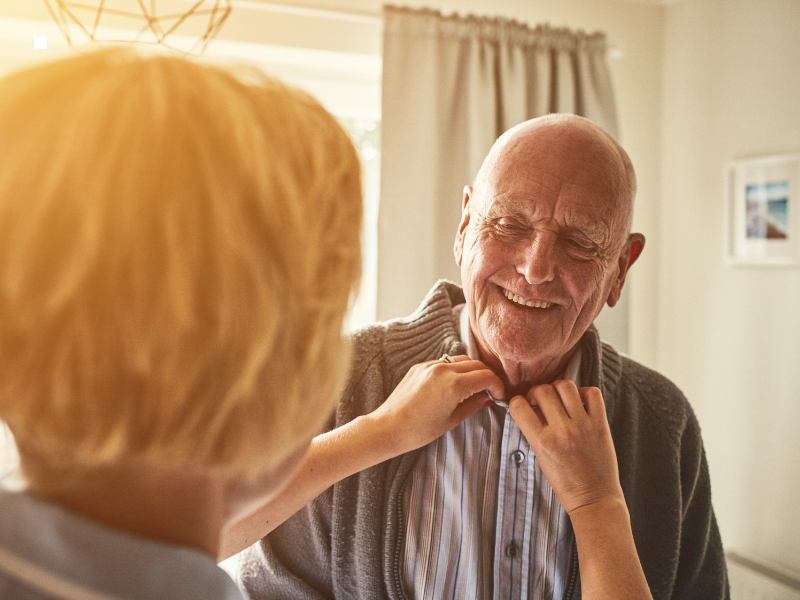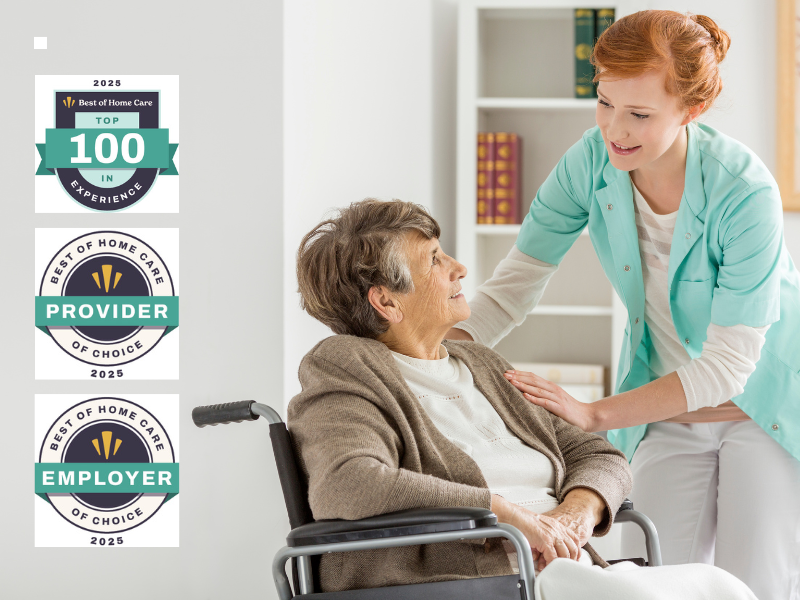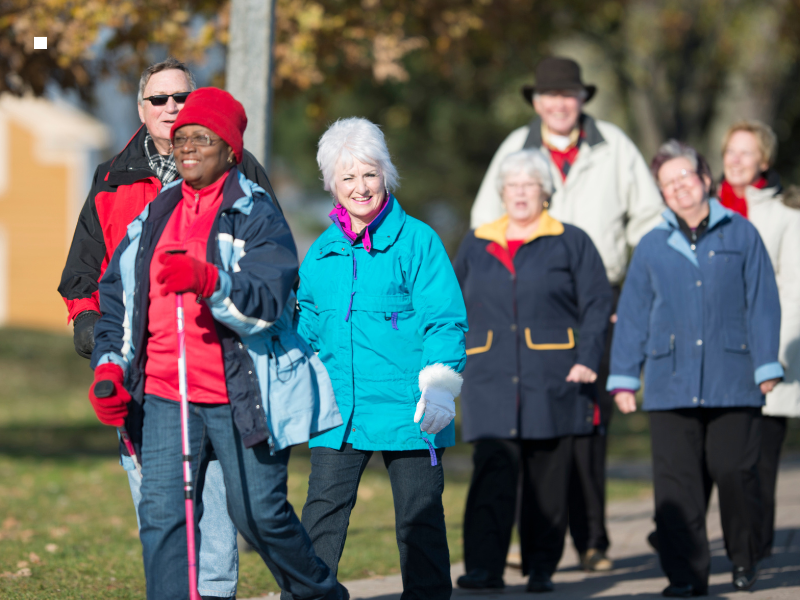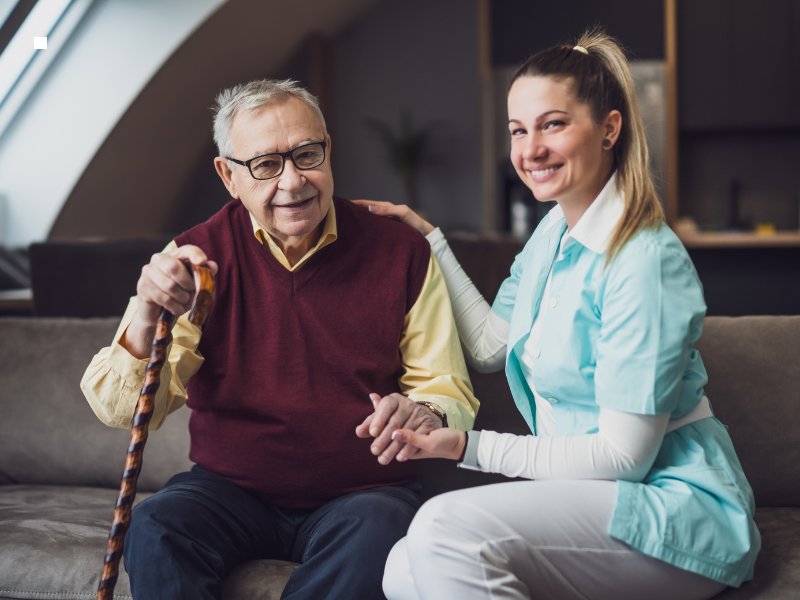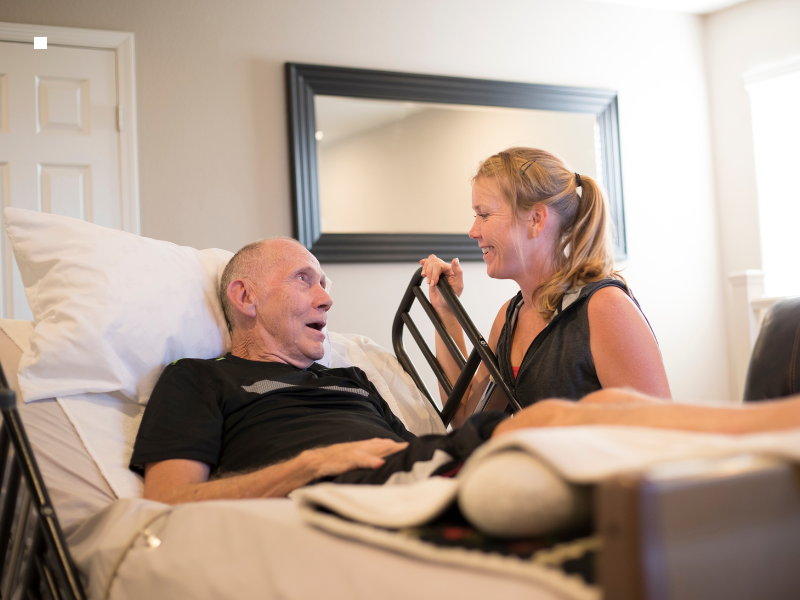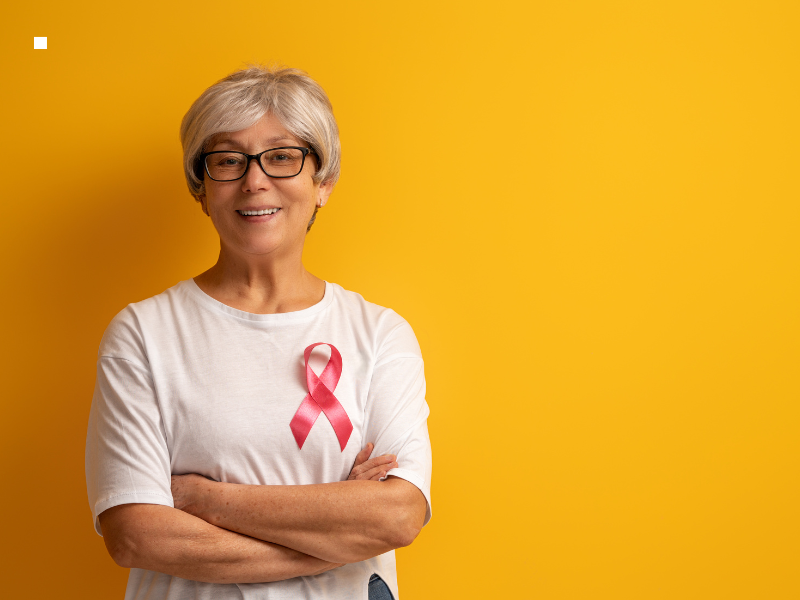A Home Helpers client was determined to go somewhere. The 77-year-old gentleman had not driven his truck in more than two years due to complications from Parkinson’s disease, but in his mind, he had to go.
The man hoisted himself into the driver’s seat. He fiddled with knobs and tried desperately to engage the gearshift, but the engine wasn’t running. His caregiver did not know where the keys were, and if she did, she would not have told him.
Unfortunately, his grandson had driven the truck and left the keys in the console. The elderly man found the keys, figured out how to start the engine, and put his hand on the gearshift. The caregiver screamed, “NOOO!”. Fortunately, he removed his hand from the gearshift, killed the engine, and stepped out of the truck. He was angry and agitated, but the caregiver was determined to keep the man safe.
The truck was parked in the garage. If the man had changed gears from “Park,” he would have plowed through a wall or backed into the garage door and the caregiver’s car parked behind. It was a tense situation, to say the least, but the caregiver was trying to give him a sense of independence by letting him sit in his truck (not knowing the keys were readily available).
I tell you this story because this is one man in cognitive decline who valued his senior independence. This man is the patriarch of a large family who frequently hosts gatherings. He had been an astute, hardworking businessman, had traveled the world, had been an active, generous philanthropist, had attended his grandchildren’s athletic events, and was always on the go. Parkinson’s changed all of that.
Seniors have one primary goal, and it is to maintain their independence. Home Helpers exists to support senior independence and make life easier. Our award-winning home care services are how we do it.
Specialized Care
We understand the importance of finding the right caregiver for your loved one. That’s why we carefully match our clients with professional caregivers who are skillfully trained and have experience in providing specialized care for those with unique needs. Whether it’s due to aging, a disability, illness, or recovery from an injury or surgery, you can rest assured your loved one is taken care of.
- Alzheimer’s and Dementia Care
- Developmental and Intellectual Disabilities
- Parkinson’s Care
- Post-Operative Care
- Recuperative Care
- Respite Care
- Support for Stroke Recovery
Care and Companionship
The compassionate caregivers at Home Helpers are exceptional at forging relationships with our clients while providing customized in-home care and companionship.
24-Hour Monitoring
Effective 24-hour monitoring services and medical alert systems provide a safe, secure solution to these obstacles, independence for seniors and others requiring in-home care, and peace of mind for those who care for them.
Nutrition and Well-Being
Our goal at Home Helpers is to provide a personalized and holistic approach to home health care for seniors. We offer a comprehensive Cared-4℠ program that includes nutrition and well-being.
Wellness Calls
At Home Helpers, we understand that the need to connect with others remains, especially for older adults living alone or far from their loved ones. Wellness calls provide much-needed companionship and reminders for loved ones and can be scheduled as often as you or your loved one would like.
Senior Care
Our care team is highly trained, experienced, compassionate, and understanding when it comes to senior care. They understand the importance of preserving your loved one’s independence and provide care respectfully and mindfully. Our caregivers are also background-checked, fully licensed, bonded, and insured for your peace of mind.
Every senior has unique needs. That’s why we offer custom care plans that are tailored to address them. If or when needs change, care plans can adapt accordingly. Whether your loved one requires care for a few hours a week or around-the-clock, we can accommodate them. Our caregivers are dedicated to delivering quality care.
As professional caregivers, they know what to do to properly care for and assist seniors in a variety of circumstances to preserve their independence at home for as long as possible. Moreover, our caregivers are available to provide exceptional in-home care services 24/7/365.
I welcome the opportunity to schedule a FREE Consultation at your convenience to discuss the many ways a perfectly matched caregiver can provide home care assistance. This comprehensive assessment of needs will allow me to create a customized care plan to best support senior independence for you or a senior you love.
Home Helpers® Kankakee & Frankfort is honored to have been ranked among the Activated Insights 2025 Top 100 Leaders in Experience for home care providersand to have received the Best of Home Care® Provider of Choice, the Best of Home Care® Employer of Choice, and the Best of Home Care® Leader in Experience Awards 2025, in addition to the Daily Journal’s Readers’ Choice Award 2025.
Home Helpers® Kankakee & Frankfort proudly serves male and female seniors in Beecher, Bourbonnais, Bradley, Dwight, Frankfort, Kankakee, Manteno, Mokena, New Lenox, Orland Park, Palos Heights, Palos Hills, Tinley Park, Watseka, Wilmington, and surrounding areas. Contact our office today to learn more about the many services offered through Home Helpers® – We are Making Life Easier℠ for you and yours! 815.427.4238

